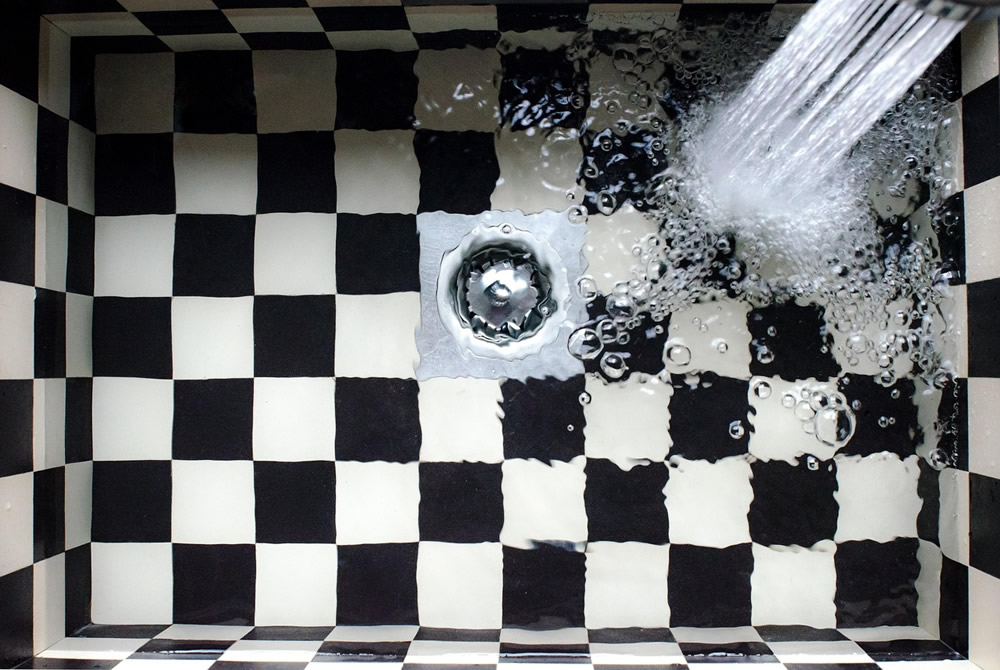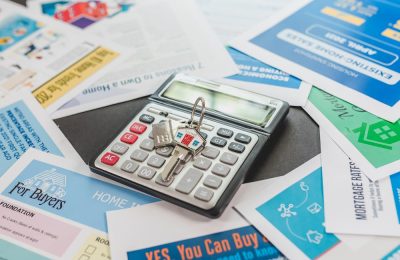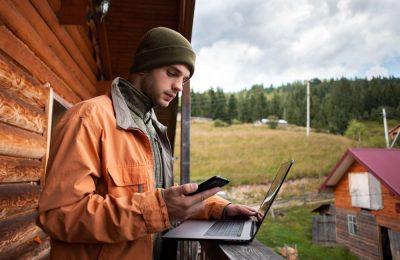If you rent out a property you’ve probably already had to deal with a dripping tap, a blocked drain or a 2am call about a flooded bathroom. These things happen but how you manage them makes all the difference.
Staying on top of plumbing issues doesn’t just keep your tenants happy. It protects your property, keeps costs down and keeps you on the right side of the law.
Here’s a practical guide to plumbing maintenance – what to look out for, what you’re responsible for and how to avoid the most common headaches.
Know what you’re responsible for
Landlords in the UK have clear legal duties when it comes to plumbing. You’re expected to ensure the property’s water supply, pipes, drains and sanitation facilities are working properly. That includes:
- Toilets, sinks, showers, baths
- Internal pipework and external drainage
- The supply of hot and cold water
This isn’t optional. Under the Landlord and Tenant Act 1985 you’re legally required to keep these systems in working order. If you ignore problems and they get worse, or your tenant suffers as a result, the local authorities can intervene.
Common plumbing problems you’ll face
Even well-maintained homes develop faults over time. Some plumbing issues are minor and easy to fix, others can become serious, or expensive, if left too long.
- Leaks
From a slow drip under the kitchen sink to a burst pipe in winter, leaks are a common cause of property damage. Small ones can go unnoticed for weeks but still cause damp or rot. Regular inspections help catch these early.
- Blocked drains
Sink blockages caused by food waste or grease are common. Bathroom drains can clog up with hair or soap residue. Sometimes the issue is further down the pipework, especially in older properties and needs a plumber to investigate.
- Toilet issues
Running water, flushing problems or leaks around the base of the toilet shouldn’t be ignored. They’re not just inconvenient, they can cause water damage or mould if left unattended.
- Hot water problems
If tenants report fluctuating water temperatures or no hot water at all you’ll need to check if the issue is with the boiler, the plumbing or a combination of both.
- Low water pressure
Often this is due to lime scale, corrosion or a hidden leak. If the pressure drops across the whole property it could be a mains supply issue but if it’s just one tap or appliance it’s more likely internal.
Landlord v’s tenant responsibilities
Who pays what? It depends on the cause.
As a landlord you’re responsible for anything that breaks due to age, wear and tear or faulty installation. That includes leaking taps, blocked drains caused by old pipework and any repair to water systems that haven’t been misused.
But if a tenant clogs a drain by pouring cooking oil down the sink or flushes something they shouldn’t, the cost can reasonably fall on them.
It’s worth including plumbing expectations in your welcome pack or tenancy agreement – not in a heavy-handed way but as a heads up. A quick guide explaining what not to flush or pour down the sink can prevent issues before they start.
Keep a routine maintenance plan
Good plumbing doesn’t stay that way on its own. Here are a few habits worth building into your property management routine:
Do annual checks
Schedule a full inspection of taps, toilets, shower seals and exposed pipework once a year. This is especially important between tenancies.
Monitor for damp
Water stains, peeling paint or a musty smell can signal a hidden leak. Don’t ignore these signs, investigate immediately.
Include plumbing in your inventory
Photograph taps, toilets and visible plumbing fixtures during check-in and check-out. This helps settle disputes if damage occurs.
Service the boiler annually
Even if it’s running fine, an annual service helps avoid sudden failures. In fact it’s a legal requirement to have gas boilers inspected every year by a Gas Safe engineer.
When to get a professional in
You can fix a dripping tap or a loose seal yourself if you’re handy but don’t take risks. Get a licensed plumber involved if:
- Water is leaking through walls or ceilings
- A toilet is overflowing or won’t flush
- There’s a foul smell coming from drains
- The water pressure drops suddenly and doesn’t return
- You suspect a burst pipe
Make sure you’ve got a couple of trusted professionals you can call on, especially if you manage more than one property. Quick action can save hundreds in damage.
Keep record of your plumbing repairs and maintenance
Every repair, invoice, inspection and tenant report should be recorded. This helps you:
- Track recurring issues
- Support any deductions from a tenant’s deposit
- Prove to the council or insurance company that you’ve done your bit
Even a simple spreadsheet or shared folder with receipts and photos can save a lot of time and trouble later.
Don’t let small issues slide
It’s not just about keeping tenants happy – although that’s important too. Plumbing problems, especially water leaks, can do serious damage to your property if left unchecked.
Ignoring plumbing doesn’t just risk complaints, it risks long-term structural damage, health hazards, and possible enforcement action from local councils.
Why plumbing matters for landlords
Plumbing might not be top of your to-do list as a landlord but it’s one of the most important areas to stay ahead of. A single burst pipe or boiler failure can undo years of careful upkeep and make life miserable for your tenants.
Stay organised, act early and treat plumbing as part of your long term property care strategy. Your tenants will thank you and so will your bank account.










